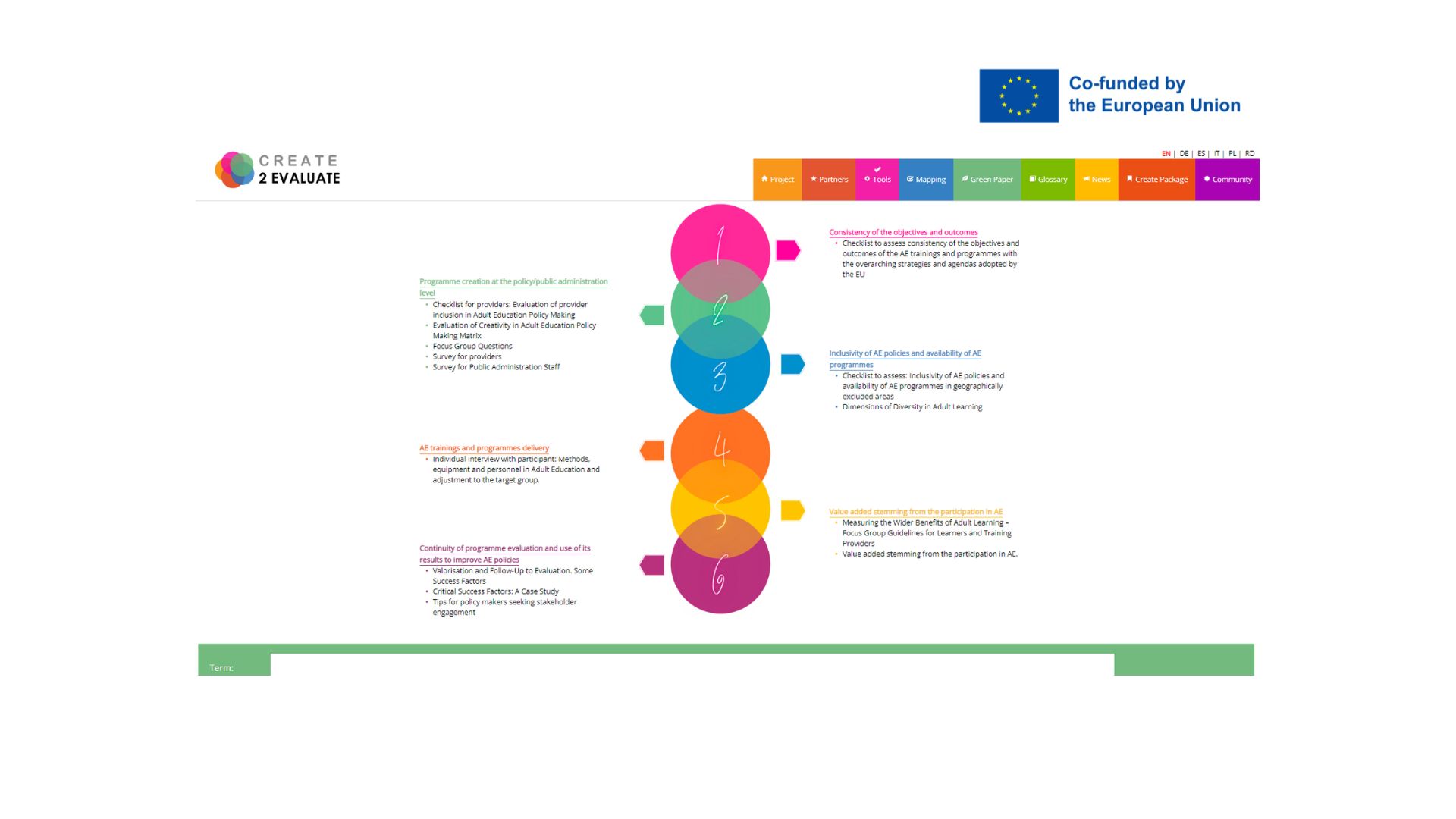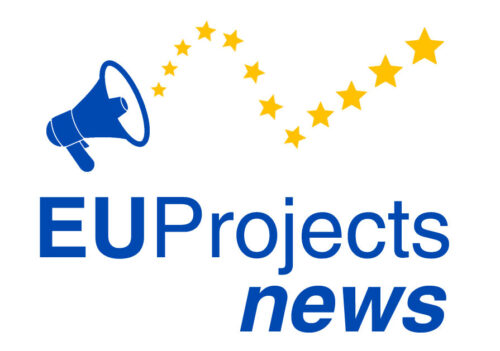
A multidimensional and cross-disciplinary resource for local AE policy making
Mapping the Impact, Validation and Evaluation of Adult Education Policies has identified that EU wide AE Evaluation is highly fragmented and lacks common definitions and standards. This makes it very difficult for policy makers to control and assess the effectiveness of current AE policies. Plain coherent and straightforward policy development is needed. Any AE evaluation framework should ensure that cross organisational policy coherence occurs in vertical and horizontal terms. Vertical coherence requires that the different levels of government – national, regional, and local – follow common policy objectives and align systems of funding, accreditation and quality assurance. Horizontal coherence implies that there is understanding and coordination across policy areas within national or regional or local government.
The challenge for the wider adult learning community is to articulate targets and indicators for adult learning that capture the humanistic conceptions and practices of nonformal adult learning. The articulation of such a metric would ensure that this domain of adult learning can no longer be considered as ‘invisible’ by the state.
With reference to findings and evidences provided by partners, the CREATE 2 Evaluate ToolBox is conceived to ensure that local and regional policy makers from across Europe will be able to use the policy tools to better plan, design, implement and monitor Adult Education policies with a clear vision of sustainability of public funding in AE.
The CREATE and CREATE 2 EvaluateToolBox comprises a series of practical tools for policy makers to ensure evidence-based policy making and better align AE policies and programmes with local socio-economic development. Resources elaborated and published by partners are available in free, open and multilanguage version so as to ease and sustain the visibility and dissemination of training and education opportunities stemming from the model.
The ToolBox is structured in six different areas, each area includes specific resources and references that sustain local policy makers in better strategizing the alignment, consistent and coherence of local lifelong learning plans to EU long-term objectives and horizons.
Consistency of the objectives and outcomes
• Checklist to assess consistency of the objectives and outcomes of the AE trainings and programmes with the overarching strategies and agendas adopted by the EU
Programme creation at the policy/public administration level
• Checklist for providers: Evaluation of provider inclusion in Adult Education Policy Making
• Evaluation of Creativity in Adult Education Policy Making Matrix
• Focus Group Questions
• Survey for providers
• Survey for Public Administration Staff
Inclusivity of AE policies and availability of AE programmes
• Checklist to assess: Inclusivity of AE policies and availability of AE programmes in geographically excluded areas
• Dimensions of Diversity in Adult Learning
AE trainings and programmes delivery
• Individual Interview with participant: Methods, equipment and personnel in Adult Education and adjustment to the target group.
Value added stemming from the participation in AE
• Measuring the Wider Benefits of Adult Learning – Focus Group Guidelines for Learners and Training Providers
• Value added stemming from the participation in AE.
Continuity of programme evaluation and use of its results to improve AE policies
• Valorisation and Follow-Up to Evaluation. Some Success Factors
• Critical Success Factors: A Case Study
• Tips for policy makers seeking stakeholder engagement
All resources developed by the CREATE2Evaluate partnership are available via the official OPEN EDUCATION RESOURCE Platform of the project: www.create2evaluate.eu









